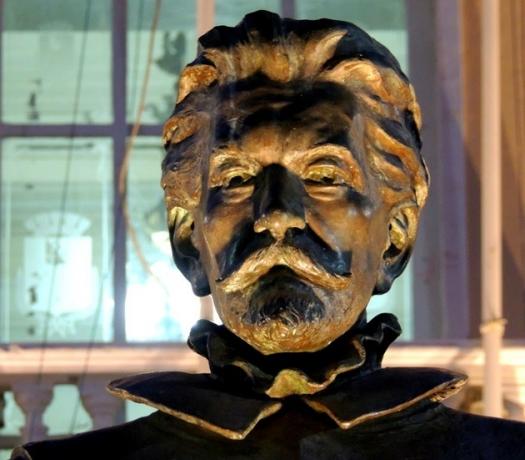The FARC is a guerrilla that has long challenged the supremacy of Colombian government power. Using weapons, kidnappings and extortion have managed to create a true parallel power within Colombia. Over three decades of civil war, the FARC controlled about 40% of Colombia's territory.
Many specialists discuss the real motivation of this movement, which, in theory, reinforces its popular character, claiming to fight for the creation of a Marxist-Leninist government in Colombian territory. However, many point out that the FARC has moved from adopting a revolutionary project to now establishing a political force that controls the southern portion of Colombia through guns and terror.
Furthermore, an extremely controversial point about the FARC refers to the control of drug trafficking in a region considered to be one of the largest drug producers in the world. Several testimonies and denunciations indicate that the FARC sustains itself through the sale of drugs that spread across several countries in America and Europe. In response, some international representation bodies and heads of state defend the international struggle against the power of the FARC.
In recent years, the action of this Colombian guerrilla has gained prominence with the various negotiations for the hostage release and the Colombian government's efforts to defeat the growing power of this guerrilla in your country. In March 2008, an incident involving the fight against the FARC prompted a delicate diplomatic crisis involving Colombia itself, Ecuador and Venezuela.
During a conflict between Colombian troops and the FARC on the Colombia-Ecuador border, the Colombian military bombed Ecuadorian territory with the aim of annihilating an important group of guerrillas operating in that region. Attacked by the Colombian invasion, the president of Ecuador, Rafael Correa, withdrew his representative diplomat from Colombia on the allegation that the country had disrespected territorial sovereignty Ecuadorian.
Commenting on the episode involving Colombia and Ecuador, Venezuelan President Hugo Chávez – political enemy of Colombian President Álvaro Uribe - made a statement in which he recriminated the action of the Colombian military in the Ecuador. In his speech, he even stated that if the Colombian government carried out this type of operation in Venezuela, this would be reason enough to declare a war against Colombia.
In response, Colombian government representatives stated that they had information linking the FARC to the Ecuadorian and Venezuelan government. In one of these documents, Colombian authorities affirmed the existence of good coexistence agreements between the FARC and the Ecuadorian authorities. In the same statement, Colombians said they had found a document referring to a financial aid of 300 million dollars made by Hugo Chávez to FARC leaders.
The United States, a declared rival of the FARC and Hugo Chávez, decided to support the military action in Colombia, saying it was a legitimate intervention. Colombian authorities have already declared that they have no interest in going to war against their neighboring countries. However, the political impasse and the crisis in the relations between Latin American countries generate an unknown about the maintenance of peace in that region.
Do not stop now... There's more after the advertising ;)
By Rainer Sousa
Graduated in History
Brazil School Team
Story - Brazil School
Would you like to reference this text in a school or academic work? Look:
SOUSA, Rainer Gonçalves. "The South American Crisis"; Brazil School. Available in: https://brasilescola.uol.com.br/historia/a-crise-sulamericana.htm. Accessed on July 27, 2021.



